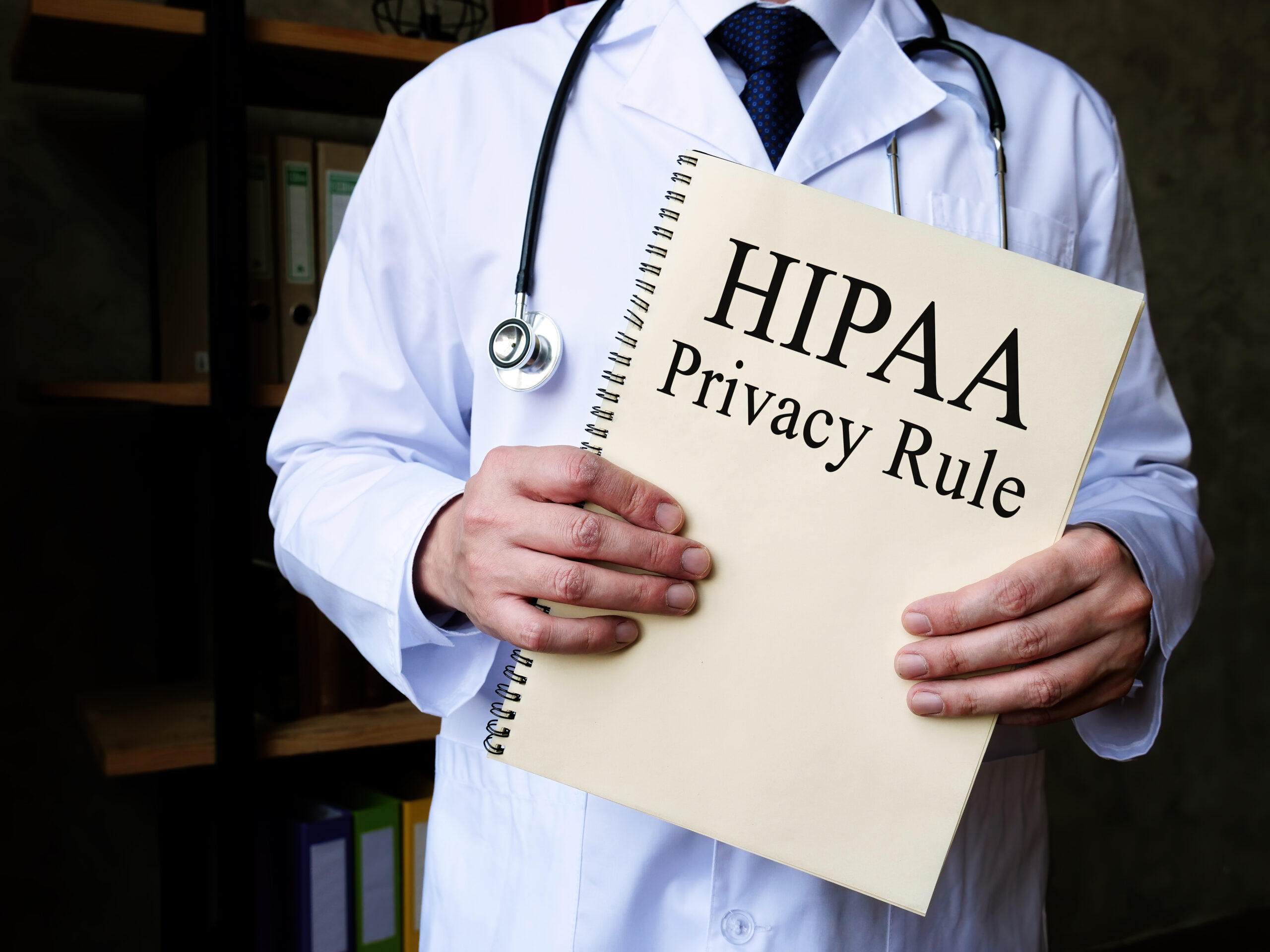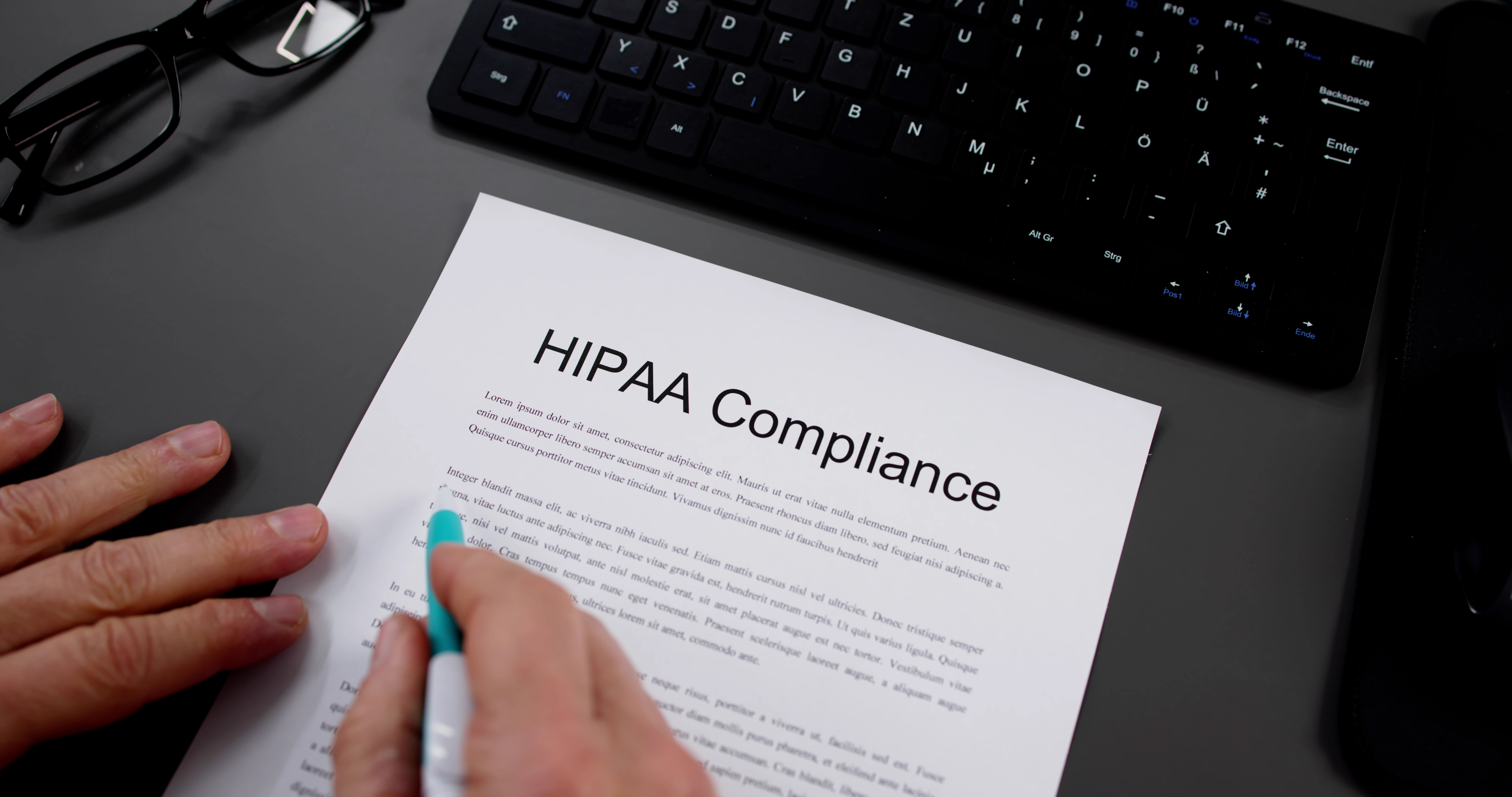Protecting patient privacy is a cornerstone of HIPAA compliance (Health Insurance Portability and Accountability Act). When healthcare organizations fail to safeguard protected health information (PHI), it can lead to data breaches, unauthorized disclosures, and violations of patient privacy rights. If you suspect a violation, it’s important to take action. In this guide, we’ll outline how to report a HIPAA violation effectively and ensure compliance with federal regulations.
What Constitutes a HIPAA Violation?
A HIPAA violation occurs when a covered entity—such as a healthcare provider, health plan, or business associate—fails to protect PHI as required by law. Common violations include:
- Unauthorized access to patient records
- Sharing protected health information without consent
- Failing to implement security measures for electronic health records
- Not providing patients with access to their own medical information
- Improper disposal of sensitive medical records
If you witness or suspect a breach, reporting the incident is crucial to maintaining healthcare compliance and protecting patient rights.
Who Can Report a HIPAA Violation?
Anyone—whether a patient, healthcare employee, or concerned individual—can file a HIPAA complaint if they believe a violation has occurred. Complaints can be submitted anonymously, though providing your contact details may help with the investigation.
How to Report a HIPAA Violation
Follow these steps to file a HIPAA complaint with the appropriate authorities:
1. Document the Incident
Gather as much information as possible about the suspected violation. This includes:
- The date, time, and location of the incident
- The names of individuals or organizations involved
- A description of what happened
- Any supporting evidence, such as emails or witness statements
2. Report the Violation Internally
If you are an employee of the organization in question, report the violation to your compliance officer, privacy officer, or HR department. Many healthcare organizations have internal reporting mechanisms for HIPAA compliance concerns. Addressing the issue internally may lead to swift corrective action.
3. File a Complaint with the Office for Civil Rights (OCR)
If the issue is not resolved internally or involves a serious breach, you can file a formal HIPAA complaint with the U.S. Department of Health and Human Services (HHS) Office for Civil Rights (OCR):
- Visit the OCR Complaint Portal (hhs.gov)
- Complete the online complaint form or submit a written complaint via mail or email
- Include all relevant details and supporting evidence
4. Submit the Complaint Within the Timeframe
HIPAA complaints must be filed within 180 days of the violation. Extensions may be granted in special circumstances.
5. Cooperate with the Investigation
Once the OCR receives your complaint, they will review the details and may launch an investigation. The process may involve interviews, document reviews, and discussions with the organization accused of the violation. If a violation is confirmed, the organization may face penalties, mandatory corrective action, or legal consequences.
What Happens After a HIPAA Violation is Reported?
After an investigation, the OCR may take one of the following actions:
- Dismiss the complaint if no violation is found
- Require the covered entity to take corrective action
- Impose fines or sanctions for severe violations
- Refer the case for legal action if necessary
Why Reporting HIPAA Violations Matters
Filing a HIPAA complaint helps protect patient privacy, prevent further data breaches, and hold organizations accountable for their healthcare compliance obligations. It also encourages organizations to improve their HIPAA training and security practices to avoid future violations.
Final Thoughts
Understanding how to report a HIPAA violation is essential for ensuring patient privacy and HIPAA compliance in the healthcare industry. By following the proper reporting process, individuals can help maintain trust, security, and ethical practices in healthcare settings. If you suspect a violation, don’t hesitate to take action—your report could prevent further harm and strengthen patient privacy rights.










